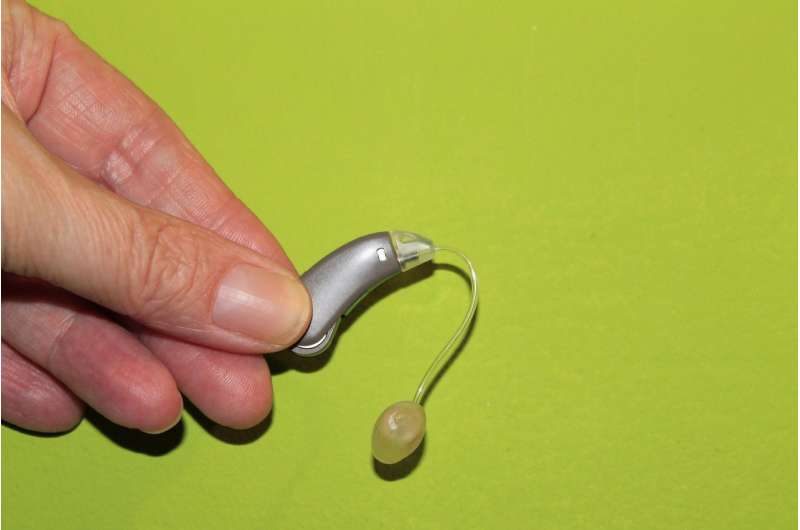Genetic Factors Play a Key Role in When Babies Take Their First Steps

Recent research from the University of Surrey has shed light on the genetic influences that determine when infants begin to walk. This groundbreaking study, the first of its kind, analyzed genetic data from over 70,000 babies and identified 11 genetic markers that impact the onset of walking, providing multiple avenues for future biological research.
Published in the journal Nature Human Behaviour, the study revealed that genetics explain approximately 25% of the variability in the age at which children take their first steps. While environmental factors have long been known to influence this milestone, these findings highlight the significant genetic contribution, similar to traits like height.
Professor Angelica Ronald, a lead researcher, explained that most children walk between 8 and 24 months, making this a broad developmental window. The milestone signifies a major transition in a child's growth. Dr. Anna Gui, another contributor, emphasized that understanding the genetic basis can alleviate parental concerns about early or late walking, as genetics play a substantial role.
The research also uncovered links between the genes influencing walking timing and brain development, including characteristics like cortical folding. Interestingly, later walking within the normal range was associated with a lower likelihood of developing ADHD, and some genes involved were also connected to higher educational achievement.
Professor Ronald expressed optimism that these genetic insights could lead to better support for children with motor or learning difficulties and enhance our understanding of child development. She noted that while a slight delay in walking can be normal, it's important for parents to consult healthcare providers if concerned.
This study emphasizes that early walking is part of a complex interplay between genetics and environment, advancing our comprehension of human growth.
Source: https://medicalxpress.com/news/2025-05-scientists-genes-babies.html
Stay Updated with Mia's Feed
Get the latest health & wellness insights delivered straight to your inbox.
Related Articles
Improving Hearing Care May Help Reduce Social Isolation in Seniors
Addressing hearing loss in older adults through proper care and hearing aids can significantly help reduce social isolation and loneliness, improving overall health and well-being.
Understanding Sex Differences in Heart Disease to Enhance Personalized Treatments
Emerging research highlights the importance of understanding biological sex differences in heart disease, leading to more personalized and effective treatment options for aortic valve stenosis.
Five Years of Success for Meningococcal B Vaccination Program
South Australia's Meningococcal B vaccination program has led to a 70% reduction in cases over five years, significantly decreasing disease and saving lives. High vaccine efficacy highlights the importance of complete immunization to protect infants and young adults from serious bacterial infections.
Review Highlights Effective Strategies to Modify Vaping Harm Perceptions and Influence Behavior
A systematic review explores effective interventions to change perceptions of vaping harm, highlighting how accurate communication can influence smoking and vaping behaviors and support harm reduction efforts.



